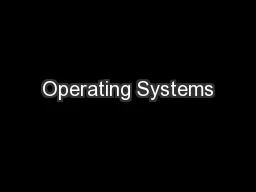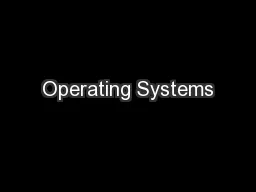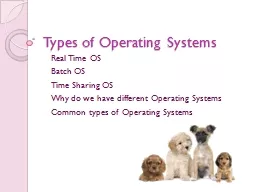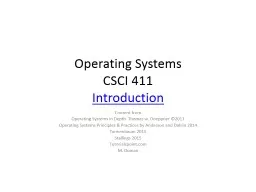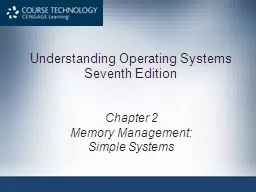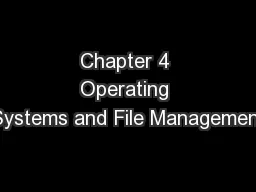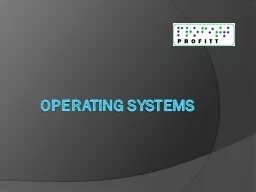PPT-Operating Systems Practical Session 12
Author : mercynaybor | Published Date : 2020-06-22
Deadlocks Deadlocks The ultimate form of starvation A set of processes is deadlocked if each process in the set is waiting for an event that only another process
Presentation Embed Code
Download Presentation
Download Presentation The PPT/PDF document "Operating Systems Practical Session 12" is the property of its rightful owner. Permission is granted to download and print the materials on this website for personal, non-commercial use only, and to display it on your personal computer provided you do not modify the materials and that you retain all copyright notices contained in the materials. By downloading content from our website, you accept the terms of this agreement.
Operating Systems Practical Session 12: Transcript
Download Rules Of Document
"Operating Systems Practical Session 12"The content belongs to its owner. You may download and print it for personal use, without modification, and keep all copyright notices. By downloading, you agree to these terms.
Related Documents


